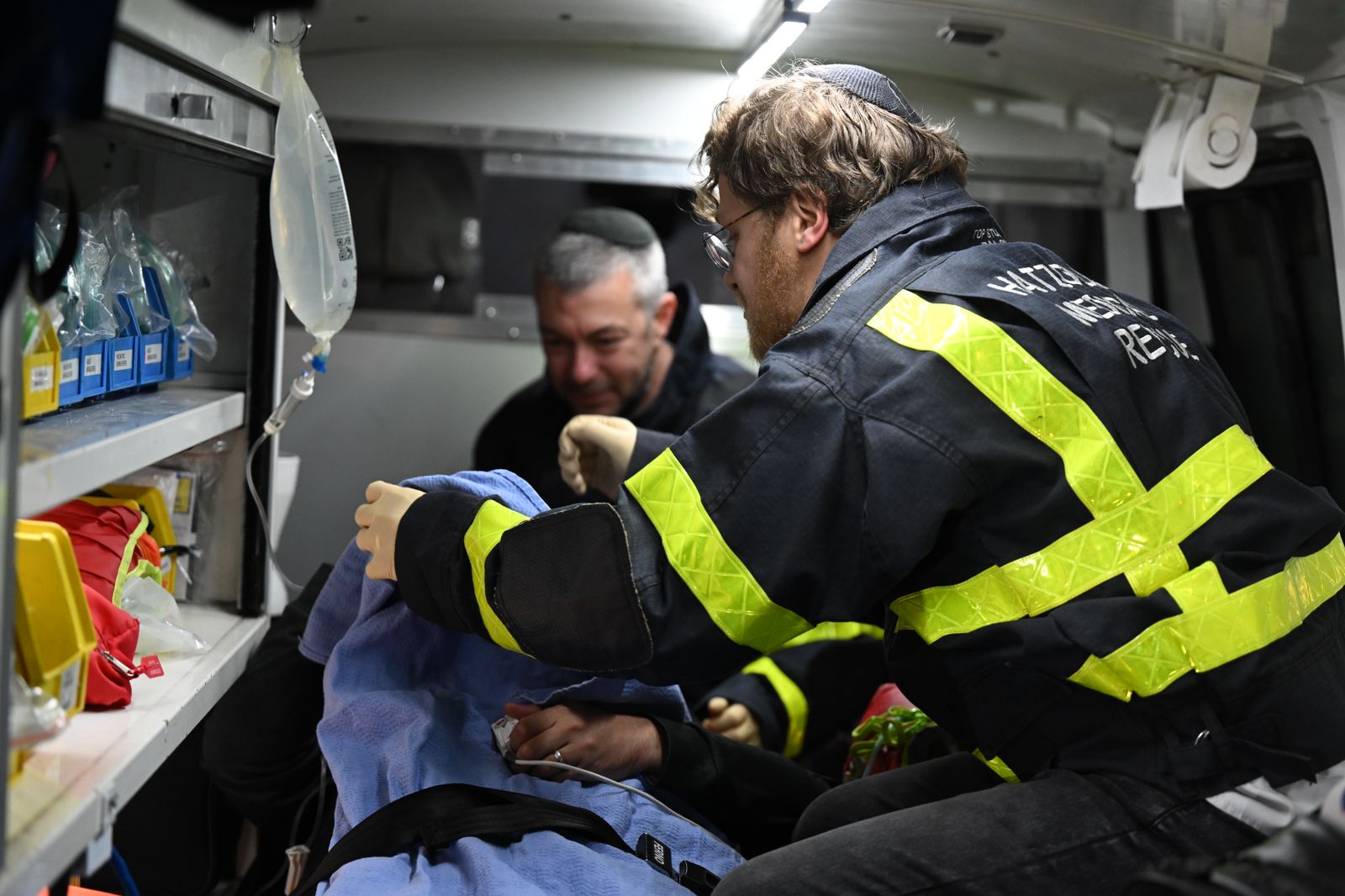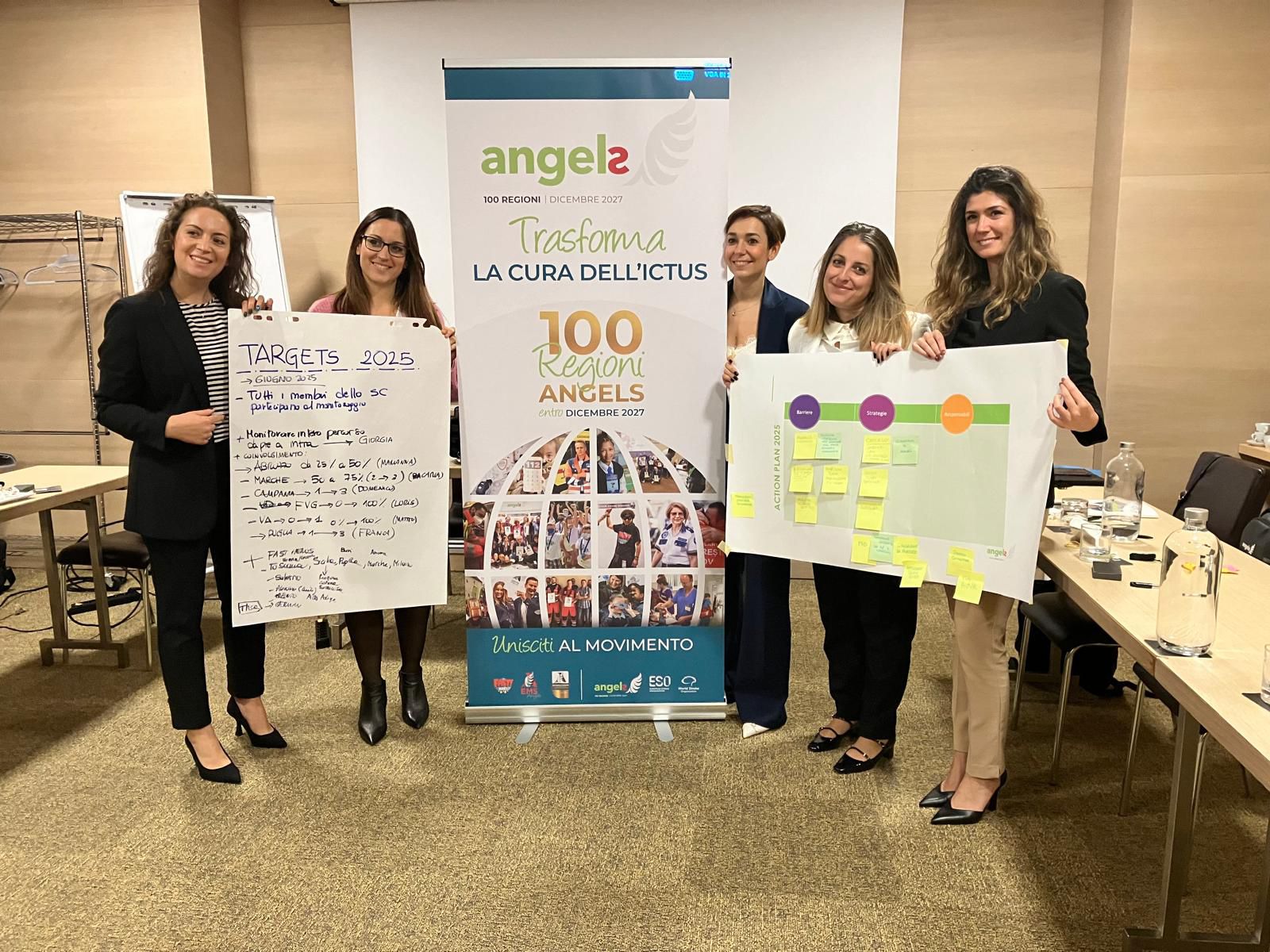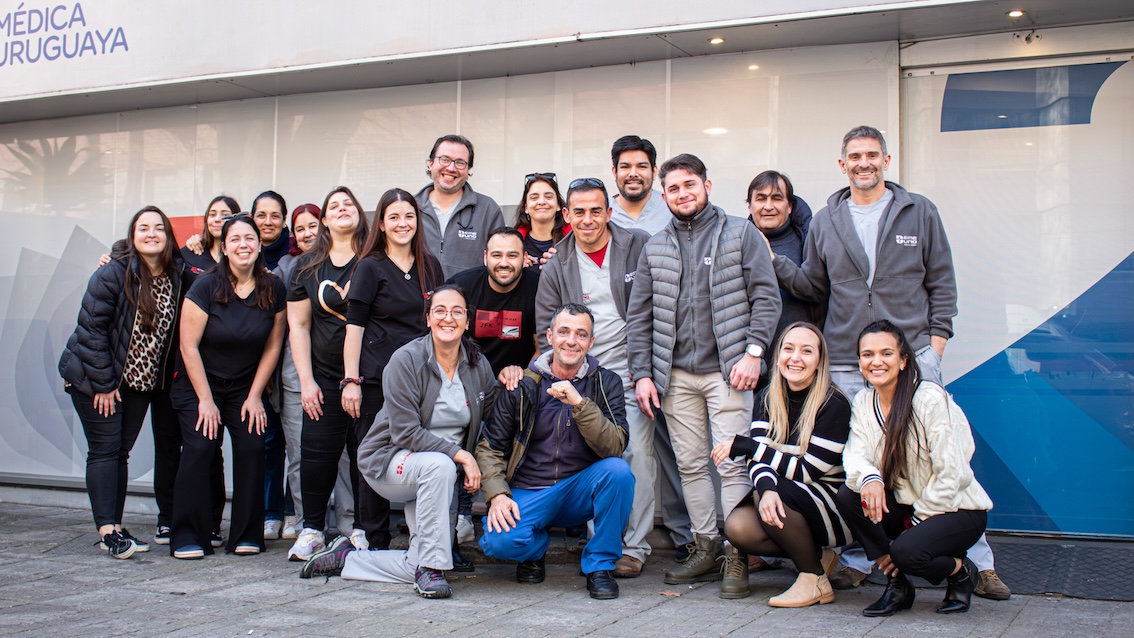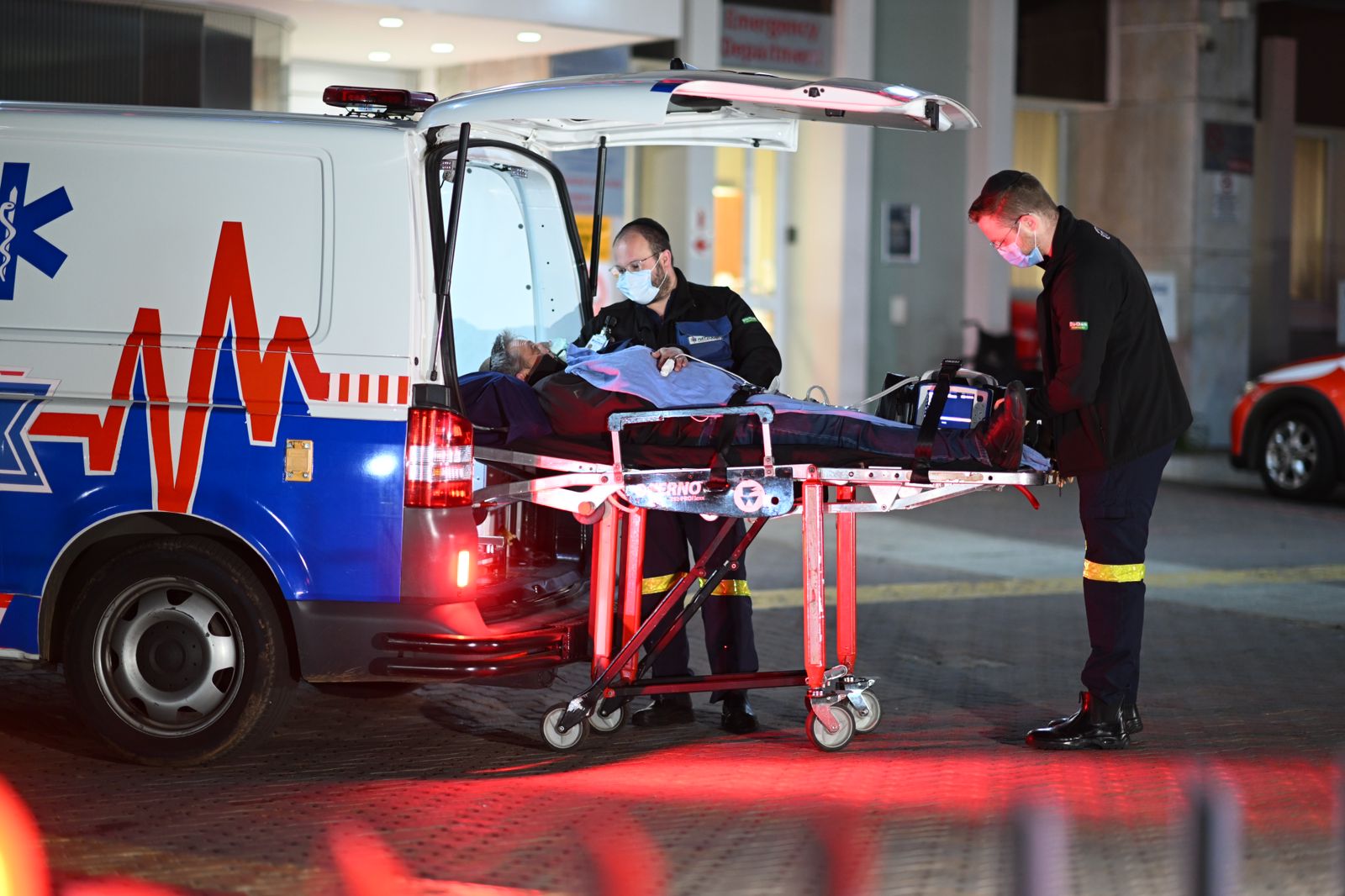
Hãy tưởng tượng bạn là CEO của một công ty đại chúng. Bạn đang giải quyết một cuộc họp hội đồng quản trị khi bạn được cảnh báo, thông qua đài phát thanh hai chiều được kẹp vào đai của bạn, về một trường hợp khẩn cấp y tế gần văn phòng của bạn. Bạn đang lùi xe ra khỏi bãi đậu xe ngay cả trước khi điều phối viên kết thúc cuộc gọi. Trong trường hợp này, trường hợp khẩn cấp cách đó một khoảng ngắn đến mức bạn thấy mình đi vào cơ sở trong khi người gọi vẫn đang nói chuyện điện thoại.
Quý vị sẽ dành khoảng ba đến tám phút tại hiện trường, trong thời gian đó quý vị sẽ cung cấp dịch vụ chăm sóc khẩn cấp cơ bản bằng cách sử dụng thiết bị quý vị mang trong giày của xe. Tùy thuộc vào trường hợp khẩn cấp, điều này có thể bao gồm kiểm tra các sinh hiệu của bệnh nhân, lấy tiền sử của họ và chèn một đường truyền tĩnh mạch.
Khi xe cứu thương đến, việc bàn giao sẽ nhanh chóng và liền mạch, và quý vị sẽ trở lại phòng họp trong vài phút.
Đây không phải là một cảnh trong loạt phim Netflix mà là một tình huống thực tế có thể xảy ra lên đến bảy lần một ngày, hoặc 2.500 lần trong một năm, cho các thành viên tình nguyện của một cộng đồng nhỏ và dịch vụ khẩn cấp dựa trên đức tin ở thành phố lớn nhất Nam Phi, Johannesburg. Được rút ra từ hàng ngũ thợ sửa ống nước và thợ điện, bác sĩ và y tá, giáo viên và sinh viên cũng như CEO, 62 nhân viên ứng cứu khẩn cấp tình nguyện được đào tạo và trang bị là một lý do khiến thời gian ứng phó của Hatzolah Medical Rescue được tính từ 30 giây đến 5 phút. Dịch vụ còn lại hoạt động trong một khu vực địa lý xác định nằm ở phía đông bắc của hệ thống tàu điện ngầm Johannesburg trong các cụm ngoại ô với các cộng đồng Do Thái đáng kể.
Ngoài những người ứng cứu tình nguyện, còn có ba nhân viên y tế hỗ trợ cuộc sống nâng cao toàn thời gian (ALS) và sáu nhân viên y tế hỗ trợ cuộc sống trung gian để điều khiển ba xe cứu thương Hatzolah. Có ba điều phối viên toàn thời gian nhận cuộc gọi trong giờ làm việc bình thường và 23 điều phối viên tình nguyện điều khiển điện thoại sau giờ làm việc và vào cuối tuần.
Và có một cảm giác mà mọi thành viên đều chia sẻ, Uriel Rosen, người cũng là giám đốc điều hành và nhân viên y tế ALS cũng là một tình nguyện viên cho biết. “Chúng tôi chăm sóc cuộc sống. Chính trong văn hóa và tôn giáo của chúng ta, được thể hiện bằng ý tưởng rằng ‘bất cứ ai cứu được một mạng sống đều đã cứu được toàn bộ thế giới’. Chúng ta sống cuộc sống của mình bằng điều đó, và các tình nguyện viên của chúng ta được thúc đẩy và duy trì bởi một mục tiêu chung và sự vị tha không biết giới hạn.
“Mục tiêu của chúng tôi là giúp đỡ mọi người, theo cách tốt nhất và nhanh nhất có thể.”
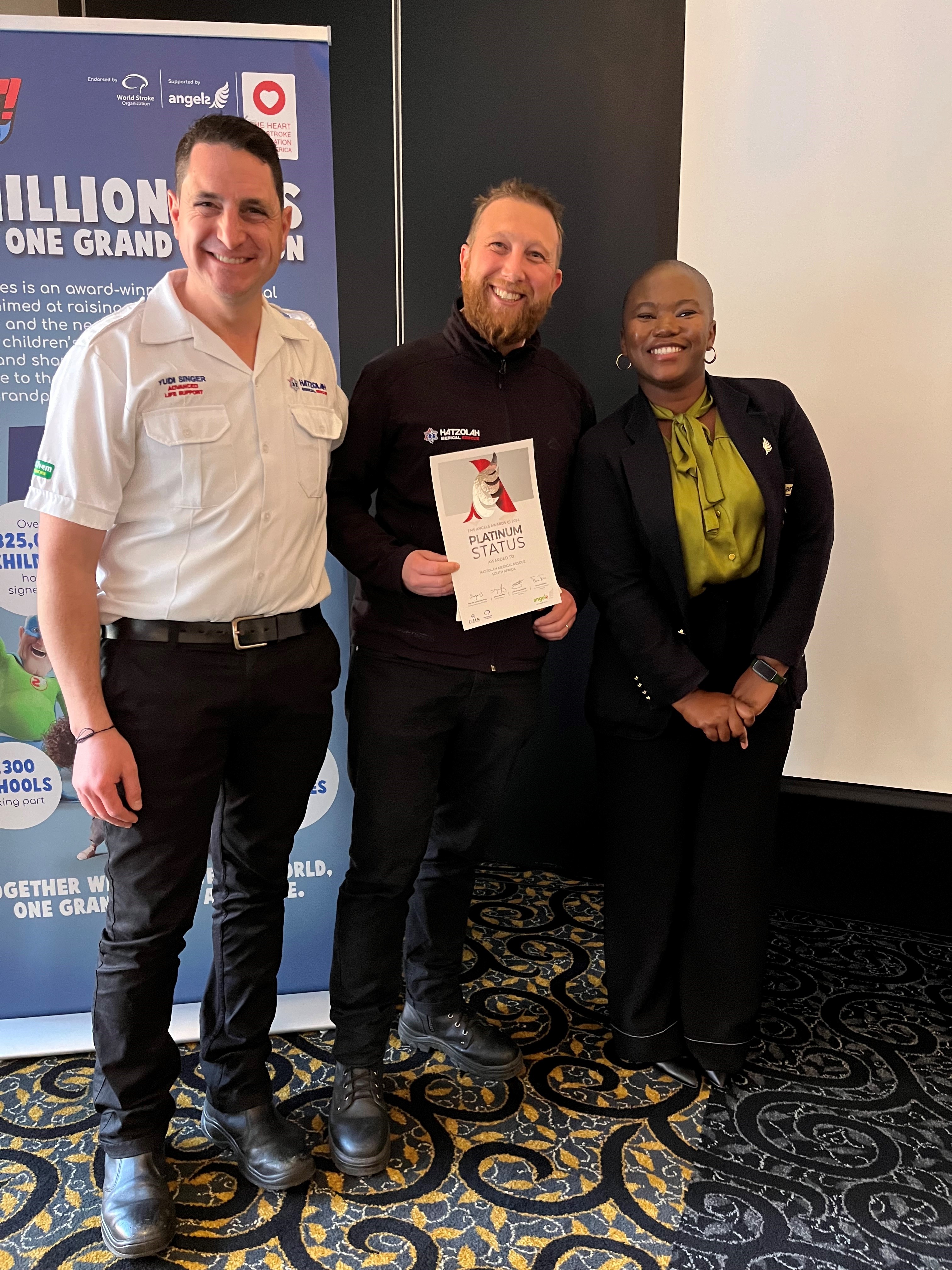
“Tốt nhất” và “nhanh nhất” là những gì dẫn đến việc Hatzolah trở thành dịch vụ y tế khẩn cấp đầu tiên ở Nam Phi nhận được Giải thưởng Kim cương Angels của EMS, một sự khác biệt mà họ đã giành được trong quý hai năm 2024. Yudi Singer, quản lý y tế, nhân viên y tế và tình nguyện viên của ALS cho biết họ đã làm việc để kiểm soát đột quỵ trong nhiều năm. Điều này bao gồm đào tạo mô phỏng, truyền bá ý tưởng rằng thời gian là não bộ trong toàn bộ hệ thống, lựa chọn và thông báo trước cho bệnh viện sẵn sàng cho đột quỵ gần nhất, sử dụng danh sách kiểm tra Angels trước bệnh viện để không có sự chậm trễ trong việc chuyển thông tin và bất cứ khi nào có thể đưa bệnh nhân trực tiếp đến CT.
Tại các bệnh viện ở Johannesburg, tư vấn viên của Angels, Wendy Mandindi, lần đầu tiên được nghe về công việc “tuyệt vời” của Hatzolah – không chỉ các bệnh viện trong mạng lưới chăm sóc sức khỏe tư nhân, mà còn trong các cơ sở của tiểu bang như Bệnh viện Học thuật Charlotte Maxeke gần trung tâm thành phố.
“Nhưng họ đã không nhận ra họ tuyệt vời như thế nào”, Wendy nói. Đó là một trận chiến khó khăn thuyết phục Uriel và Yudi rằng tổ chức của họ có thể đủ điều kiện nhận giải thưởng mà các ứng viên phải gửi dữ liệu cho 30 bệnh nhân đột quỵ liên tiếp mỗi quý. Khi Uriel cứ khăng khăng rằng họ "không có con số", Wendy đã kêu gọi tăng cường.
Không lâu sau đó, Uriel nhận được cuộc gọi từ một chuyên gia thuốc cấp cứu có đơn vị cũng đang cạnh tranh để nhận Giải thưởng Thiên thần EMS.
“Tham gia RES-Q”, họ kêu gọi. “Gửi dữ liệu của bạn, chúng tôi cần cạnh tranh!”
Phải mất một cuộc điện thoại khác và cuối cùng là một cuộc phục kích để Uriel thay đổi ý định.
Trên 18. tháng ba 2024, Wendy và đồng phạm đã đến trụ sở của Hatzolah, quyết tâm không từ chối để trả lời. Cùng với Uriel, họ đã nghiên cứu bảng tính của quý và đến 4 giờ chiều, bản án được đưa ra: Hatzolah đã ở trong khoảng cách ấn tượng với Giải thưởng Thiên thần EMS và vẫn còn một tháng nữa trước hạn chót quý một.
Sự giám sát của quản trị viên đã ngăn cản họ giành được giải thưởng kim cương ngay lập tức. Trong một vài trường hợp, nhóm đã bỏ qua việc ghi lại tên của người mà họ đã liên hệ để thông báo trước viện. Nhưng sẽ không có trường dữ liệu trống nào trong quý hai.
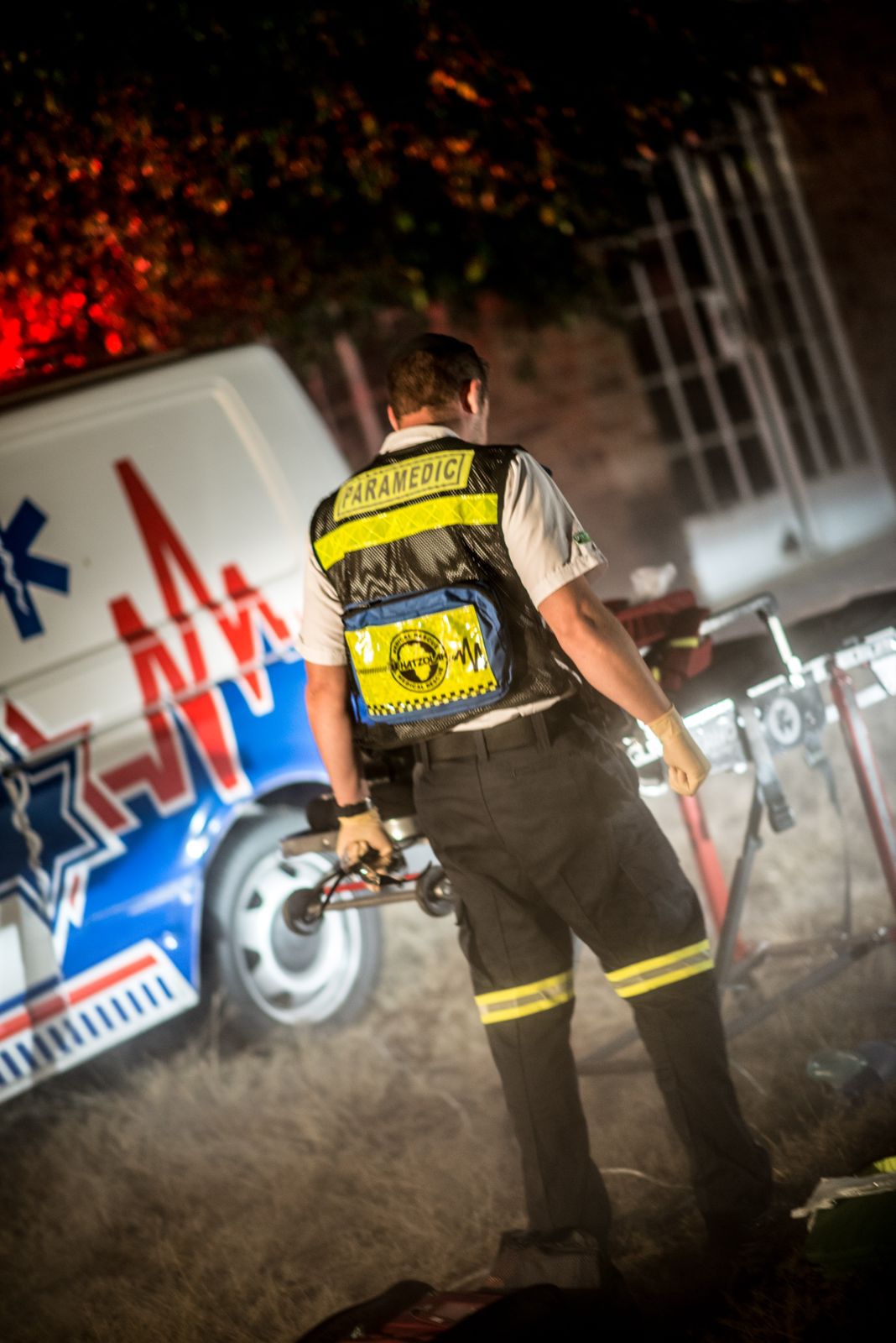
Yudi và Uriel là bạn bè cũng như đồng nghiệp, cả hai đều nghe thấy tiếng đèn và tiếng còi báo động từ sớm.
Mẹ của Uriel nói với anh rằng anh có thể nhận dạng xe cứu thương bằng tiếng còi báo động từ khi ba tuổi. Cuối cùng, ông đã chuyển niềm đam mê y thuốc sang công việc cấp cứu và năm 2007 ông chuyển từ Israel đến Nam Phi, nơi mục tiêu của ông là tham gia chương trình Johannesburg của Hatzolah.
Cha và ông của Yudi đều là bác sĩ nhưng anh biết, ngay cả trước khi lên trung học, rằng anh sẽ đi theo một người chú để được chăm sóc y tế khẩn cấp. Anh nói: “Tôi đã dành rất nhiều thời gian để ‘theo đuổi xe cứu thương’ khi còn học trung học. Tôi đã thực hiện một khóa sơ cứu ngay khi có thể và tình nguyện tham gia dịch vụ xe cứu thương, đi cùng vào cuối tuần; tôi thấy nó thú vị và kích thích.
Anh ấy đã tham gia khóa đào tạo ngay sau giờ học và gia nhập Hatzolah ngay khi có thể. Anh ấy luôn thích giúp đỡ mọi người, anh ấy nói. “Có rất nhiều điều xảy ra phía sau hậu trường khi ngày này qua ngày khác chúng tôi cố gắng cải thiện. Đó không chỉ là việc đưa bệnh nhân từ a đến b, mà còn là việc cung cấp sự thoải mái, phẩm giá và chăm sóc cho bệnh nhân, cho công chúng.”
Cũng có rất nhiều bài học đằng sau hậu trường – đào tạo nhóm của họ, giáo dục cộng đồng, mở rộng kiến thức của riêng họ.
Hiện đang ghi danh là một sinh viên sau khi tốt nghiệp trong chăm sóc cấp cứu, Yudi đã lưu ý rằng có sự nhấn mạnh hơn về sự hợp tác giữa các nhà cung cấp dịch vụ chăm sóc trước khi nhập viện và chăm sóc tại bệnh viện. Việc có một mục tiêu chung là “cực kỳ cần thiết”, ông nói.
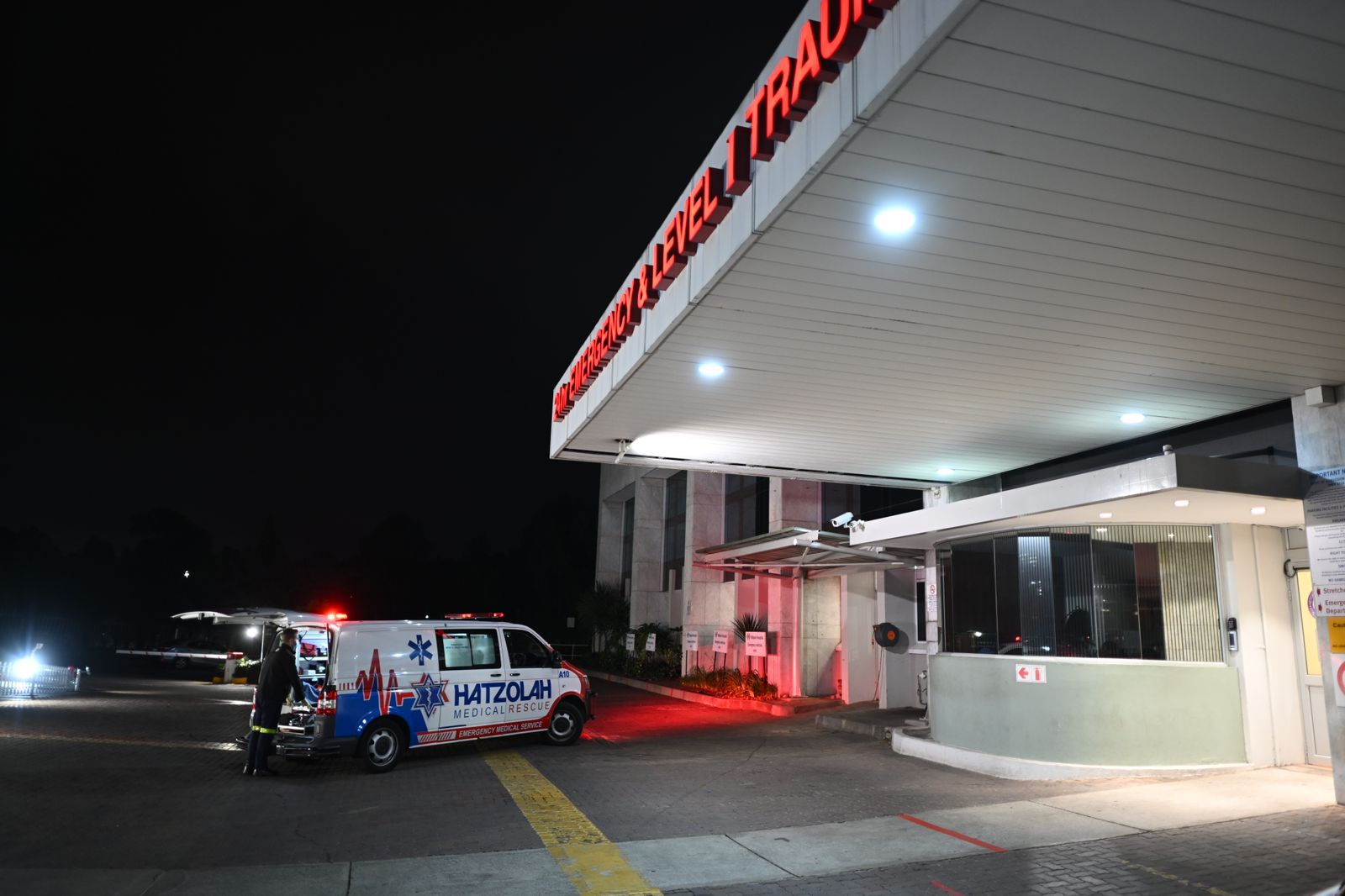
Những câu chuyện họ chia sẻ về các trường hợp nổi bật có hai điều phổ biến - tất nhiên là chúng kết thúc một cách hạnh phúc và chúng phản ánh mối quan hệ giữa bệnh viện và EMS. Yudi nhớ lại là khách trong nhà của bố mẹ vợ khi người giúp việc nhà của họ bị đột quỵ. Anh ta ngay lập tức nhận ra các triệu chứng và đưa cô ấy vào xe riêng của mình để đến "Joburg Gen" vì Bệnh viện Charlotte Maxeke sau đó đã được biết đến. Khoảnh khắc này nổi bật với phương pháp điều trị xuất sắc do một bệnh viện tiểu bang quá đông cung cấp. Ông nói: “Tôi không thể giải thích tôi ấn tượng như thế nào với sự chăm sóc của họ”.
Trong câu chuyện của Uriel, chiếc giày nằm ở chân kia. Khoảng ba hoặc bốn tháng trước, họ vội vã chăm sóc một bệnh nhân có triệu chứng duy nhất là nhìn mờ ở một bên mắt và chỉ có tiền sử là một vấn đề đông máu chưa được điều trị. Trên đường đến bệnh viện, họ gọi điện trước để cho họ biết bệnh nhân của họ đã bị đột quỵ.
Một điều dưỡng trong khoa cấp cứu chế giễu chẩn đoán của họ, nhưng một bác sĩ đã can thiệp, nói: “Chúng tôi tin tưởng các bạn. Nếu quý vị nói đó là đột quỵ, chúng tôi tin tưởng quý vị.” Sau khi điều trị đột quỵ, bệnh nhân được xuất viện năm ngày sau đó, thị lực của bệnh nhân đã hồi phục hoàn toàn.
Một điểm chung khác của Uriel và Yudi là cách họ thư giãn, hay đúng hơn là không thư giãn. Để thực sự thư giãn, họ phải đi đến một khu vực không có tín hiệu điện thoại di động - bởi vì tắt điện thoại của họ đơn giản không phải là một lựa chọn.
“Chúng tôi thực sự thích công việc này”, Yudi nói. “Chúng tôi muốn làm việc ngày này qua ngày khác và tìm thêm nhiều cách để cải thiện, cách làm khác đi, nhiều điều chúng tôi có thể làm.
“Tất nhiên thời gian đi vắng là quý giá. Nhưng công việc của chúng ta cũng rất quý giá.”
